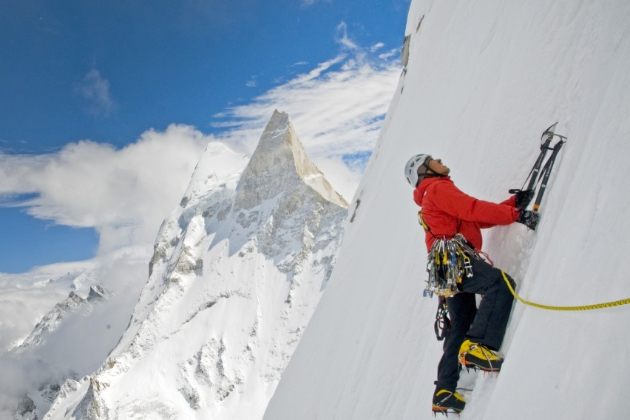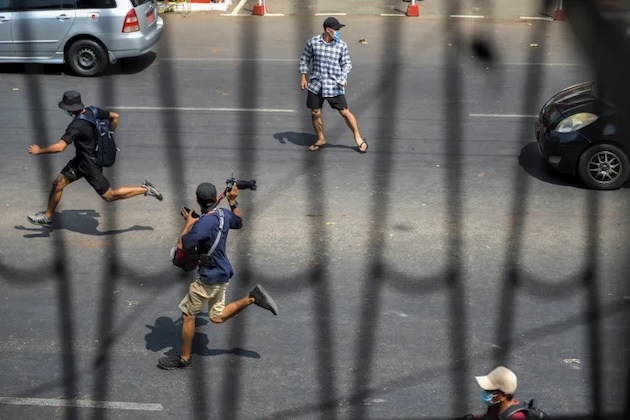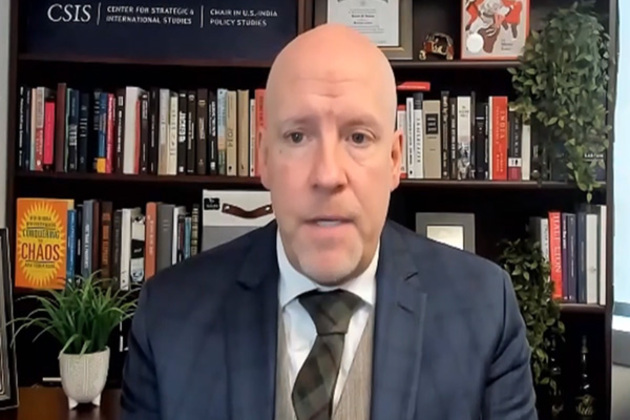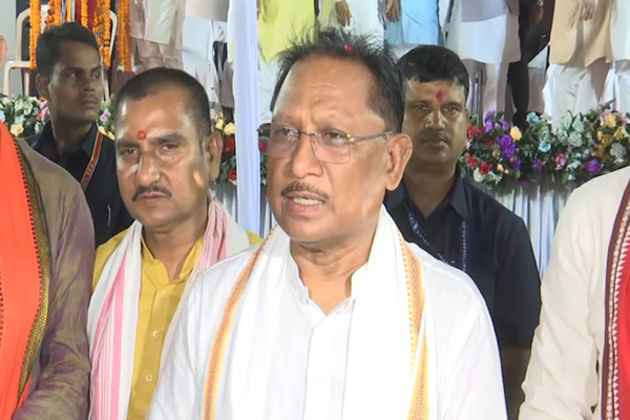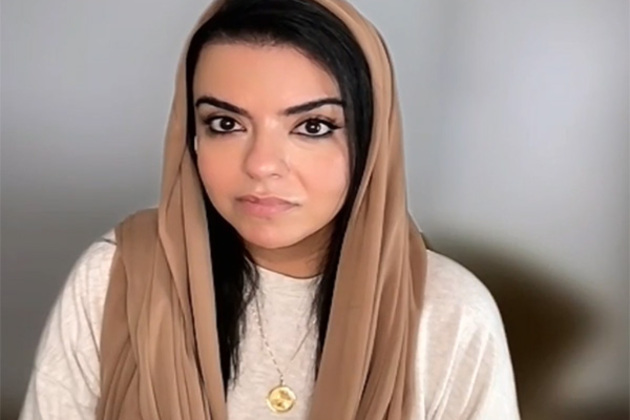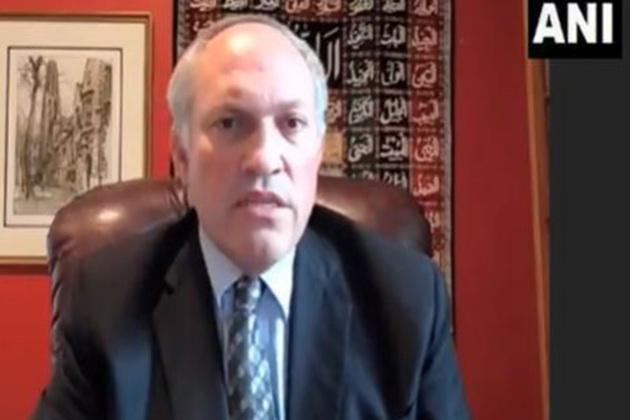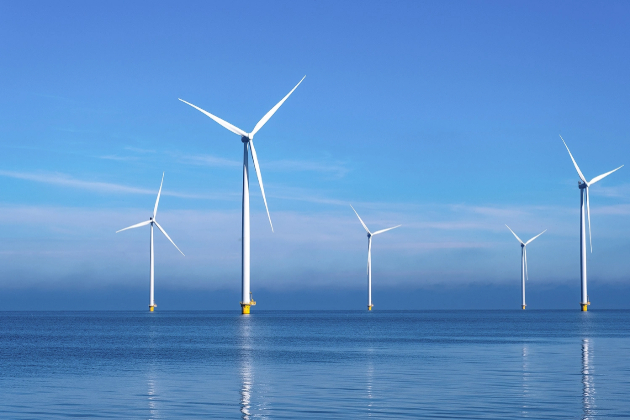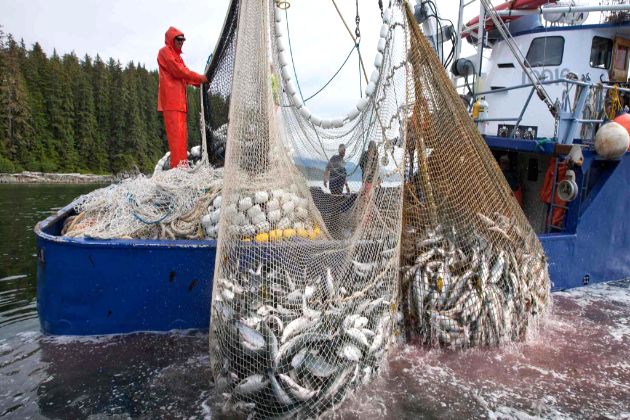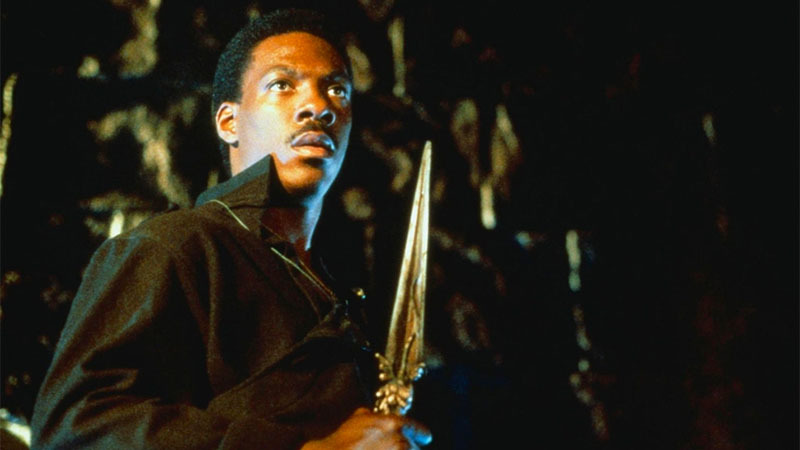Cambodia: treason trials the latest in the country's slide to autocracy
The Conversation
28 Nov 2020, 00:11 GMT+10
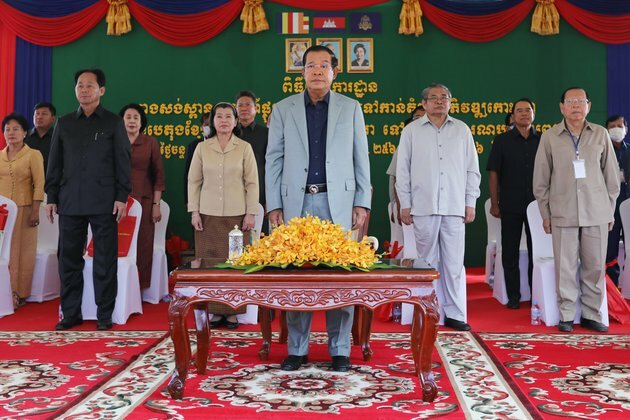
If you are simply going on the number of political trials in Cambodia at the moment, the country would seem to be politically unstable - a hotbed of unrest. Hundreds of people are on trial for incitement, conspiracy, and violence endangering the nation. But the prime minister, Hun Sen, who has been in power since 1985, regularly insists that his tenure has been characterised by peace, stability and development - despite internal and external threats. He is the world's longest-serving head of government.
Stable or not, more than 100 people were summoned to attend Phnom Penh Municipal Court on Thursday November 26 2020 on charges including violence endangering Cambodian institutions (Article 451 Criminal Code), conspiracy (Article 453) and incitement to commit a felony (Article 495). The cases were immediately adjourned until 2021.
This marks the latest event following a series of arrests over the past 18 months of people affiliated with the former Cambodia National Rescue Party (CNRP), raising alarm among civil society organisations including ASEAN Parliamentarians for Human Rights, national organisations, Forum Asia and Human Rights Watch.
Some background is necessary to understand these events, both in terms of the current politics of Cambodia and in terms of the fractured relationship between two of the main players: the country's prime minister, Samdech Techo Hun Sen, and his long-time antagonist, Sam Rainsy - interim leader of the CNRP.
Current political situation
Cambodia has a bicameral system, with its members of parliament elected to the National Assembly and an upper Senate comprising senators elected primarily by local councillors. Cambodia's previous local elections in June 2017 brought victory for the ruling Cambodian People's Party (CPP) but increased gains for the CNRP. The subsequent general election in July 2018 resulted in what is effectively a one-party state, as foreseen.
Read more: Cambodia heads towards one-party state - and a democratic crisis
Following the decision of the Supreme Court to legally dissolve the CNRP, the CPP - led by Hun Sen - won all 125 seats in the 2018 National Assembly election and the 58 seats of the 62-member Senate that are indirectly elected.
Kem Sokha, former president of the CNRP, was arrested and detained in September 2017 (after the successful local elections) on charges of treason and conspiracy with foreign states, notably the USA. His trial commenced in January 2020 and was greeted with concern by national civil society groups and UN special procedure mandate holders. Proceedings were suspended indefinitely in March due to the COVID-19 pandemic.
He was banned from all political activity, as were 118 former senior CNRP figures. "Political activities" is a term accorded a broad scope of interpretation by the authorities in Cambodia.
But history is somewhat more complex - many of those summoned this week were linked to Sam Rainsy, CNRP president, currently in self-imposed exile. Both he and Hun Sen regularly engage in verbal spats, often deploying personal, highly inflammatory rhetoric which, as UN special rapporteur, I have regularly condemned. To understand their fractured and fractious relationship, a little history will help.
Sam Rainsy and Hun Sen
Sam Rainsy has been in or on the periphery of politics in Cambodia for most of the modern period. He was first elected as a member of the royalist FUNCINPEC party at the UN-administered elections in 1993. He served as minister of economy and finance before his expulsion a year later. He then founded the Khmer Nation Party - subsequently renamed Sam Rainsy Party - and was reelected in the 1998 and 2003 general elections with his party gaining seats.
In 2005, in the wake of a number of (criminal) defamation charges lodged against him, Rainsy had his parliamentary immunity revoked and he fled. He was tried in absentia, convicted and, following a royal pardon at the request of Hun Sen, he returned to Cambodia in 2006, standing in the 2008 general elections.
This pattern of exile, trial in absentia and pardon was repeated over the subsequent decade. In August 2019, he announced his intention to return to Cambodia in November that year. Aggressive rhetoric and tensions ratcheted up, with authorities denouncing this as a planned coup. CNRP members and affiliates were arrested and many had travel documents revoked. Sam Rainsy claimed he was prevented from travelling to Asia.
At the same time around 70 former Cambodia National Rescue Party associates and members, considered supporters of Sam Rainsy, who had been arrested, were released from detention and Kem Sokha was released from house arrest. Sam Rainsy remains overseas.
To the future
It is now two and a half years until the next scheduled general election and less than 18 months before local elections. Commentators such as Sebastian Strangio and David Hutt highlight the continuing crackdown on political opposition while also probing for signs of political weakness in advance of the next elections. It's an "all time low" for democracy, as the director of the Cambodian Centre for Human Roghts, Chak Sopheap has noted. Indeed it was recently reported that Hun had said there could be no compromise or rapprochement.
The trials are the latest in a long line of proceedings against opposition political actors in Cambodia. Laws on plotting, incitement and defamation are regularly invoked to arrest and detain individuals. Often, individuals are then released from detention under judicial supervision, so neither detained nor charged. Under Cambodian law, release under judicial supervision can be indefinite with charges resurrected years later, contrary to international human rights.
The future for Cambodia's constitutionally enshrined liberal multiparty democracy is not positive.
Author: Rhona Smith - Professor of International Human Rights, Newcastle Law School, Newcastle University 
 Share
Share
 Tweet
Tweet
 Share
Share
 Flip
Flip
 Email
Email
Watch latest videos
Subscribe and Follow
Get a daily dose of Vietnam Tribune news through our daily email, its complimentary and keeps you fully up to date with world and business news as well.
News RELEASES
Publish news of your business, community or sports group, personnel appointments, major event and more by submitting a news release to Vietnam Tribune.
More InformationSoutheast Asia
SectionAmerican climber dies on Mount Makalu during charity climb
KATHMANDU, Nepal: An American climber has died on Mount Makalu in eastern Nepal while raising money for a children's cancer program,...
Multiple risks, few rewards ifor Myanmar's reporters
On a typical day, Mai Rupa travels through his native Shan State, in eastern Myanmar, documenting the impact of war. A video journalist...
"India has a lot deeper relationships with a much larger set of countries": US Expert
Washington DC [US], May 15 (ANI): Richard Rossow, Chairperson of India and Emerging Asia Economics, said that India has deeper relationships...
Chhattisgarh CM Vishnu Deo Sai participates in Tiranga Yatra in Raipur
Raipur (Chhattisgarh) [India], May 15 (ANI): Chhattisgarh Chief Minister Vishnu Deo Sai participated in a 'Tiranga Yatra' in Raipur...
"What India did was necessary": Afghan leader Mariam Solaimankhil on Op Sindoor
California [US], May 15 (ANI): Mariam Solaimankhil, Member of Afghanistan's Parliament in exile, said that India's Operation Sindoor...
Ex-Pentagon official Rubin rebukes Trump's claims on cessation of hostilities, says Indians shouldn't take him "literally"
Washington DC [US], May 15 (ANI): Michael Rubin, a former Pentagon official and senior fellow at the American Enterprise Institute,...
International
SectionEquinor may scrap $2.5 billion Empire Wind project over US delays
NEW YORK CITY, New York: Norwegian energy company Equinor is on the brink of terminating its US$2.5 billion Empire Wind project in...
Trump reopens protected Cape Cod waters to fishing
WASHINGTON, D.C.: On May 9, U.S. President Donald Trump signed an order to reopen nearly 5,000 square miles of protected ocean near...
US measles cases top 1,000 in worst outbreak in five years
WASHINGTON, D.C.: The number of measles cases in the U.S. has gone over 1,000 for the first time in five years, according to federal...
US launches national security probe into aircraft and engine imports
WASHINGTON, D.C.: The U.S. Commerce Department said it has started a national security investigation into the import of commercial...
Microsoft bans Chinese AI app Deepseek over data security fears
REDMOND, Washington: Microsoft has prohibited its employees from using Deepseek, a Chinese artificial intelligence app, citing concerns...
Bristol Myers, Sanofi to pay $700 million in Hawaii Plavix lawsuit
HONOLULU, Hawaii: Pharmaceutical giants Bristol Myers Squibb and Sanofi have agreed to pay $700 million to Hawaii to settle a lawsuit...

